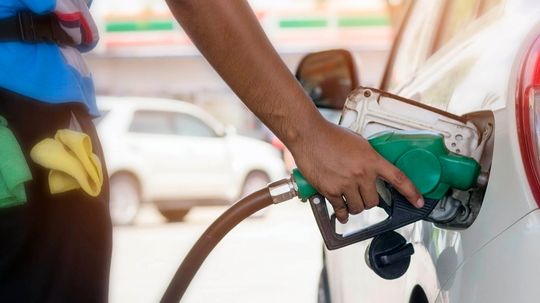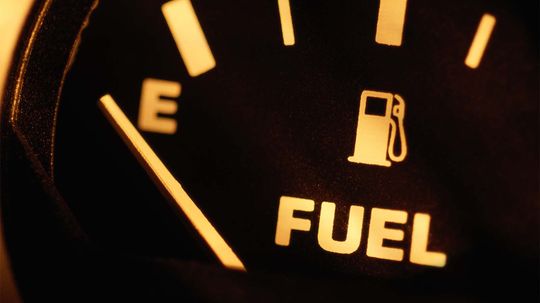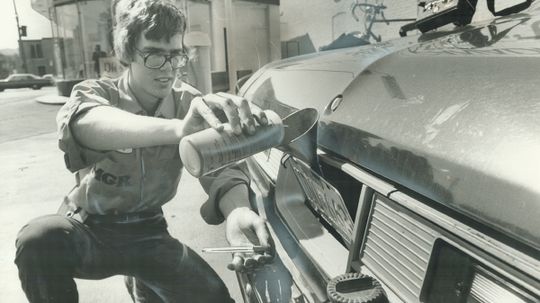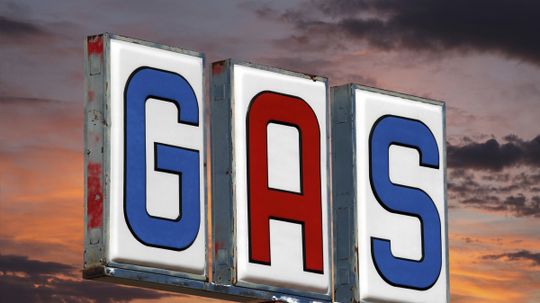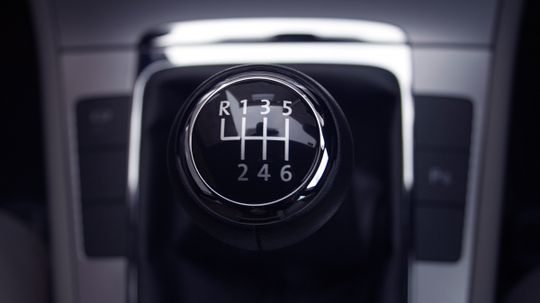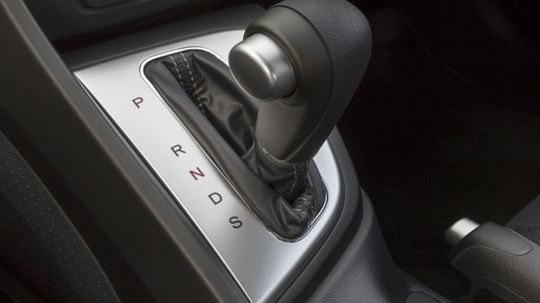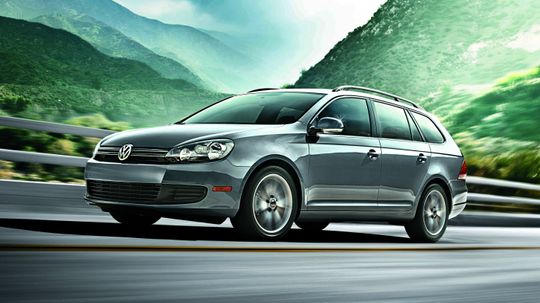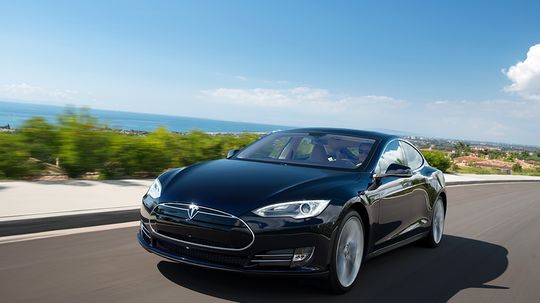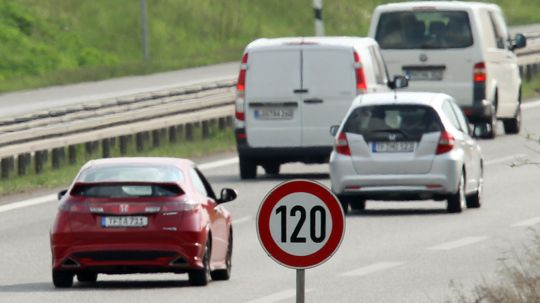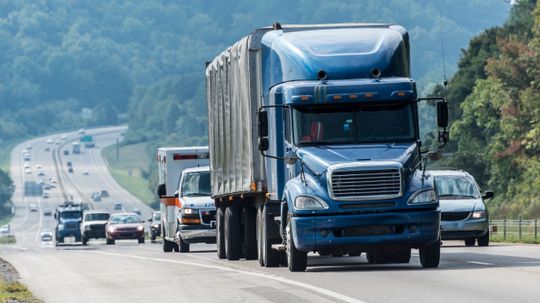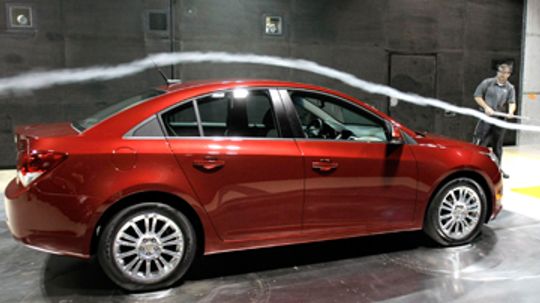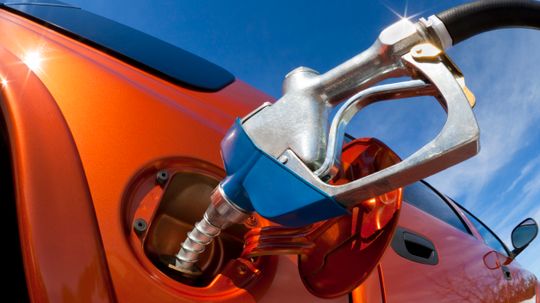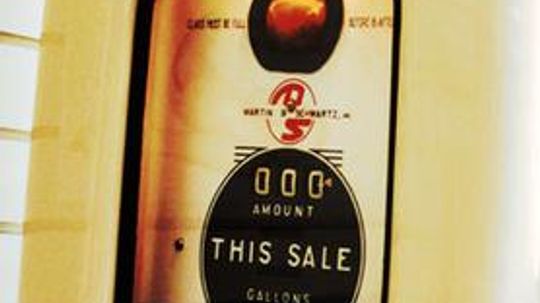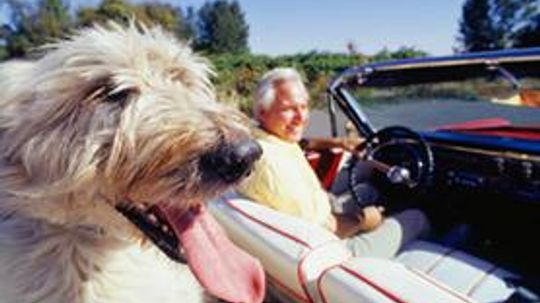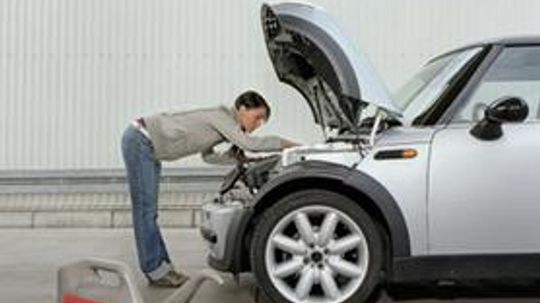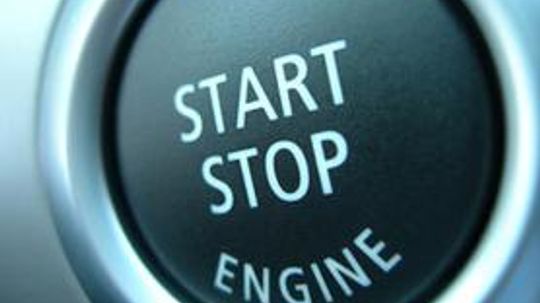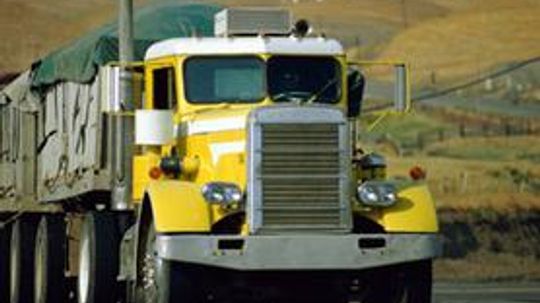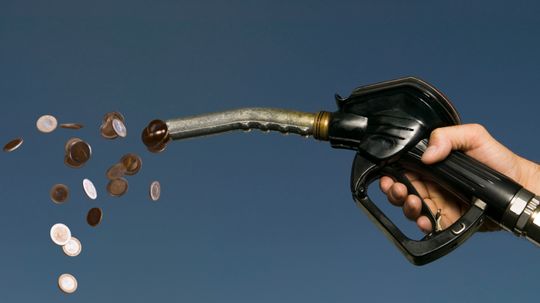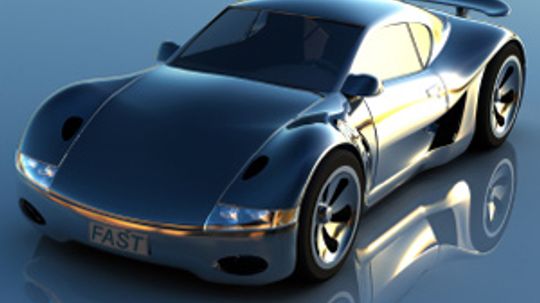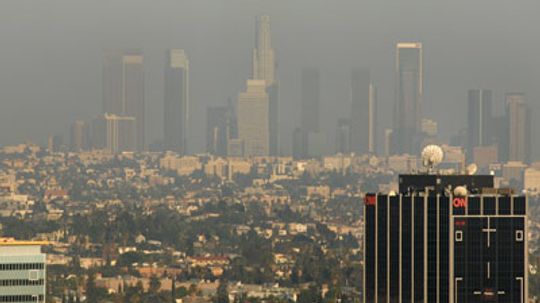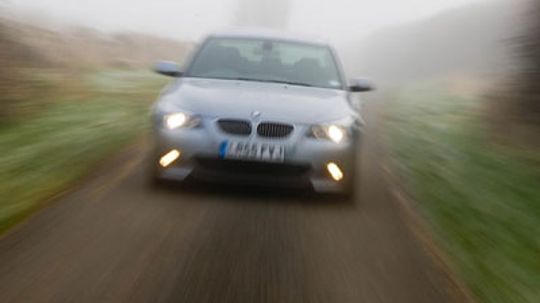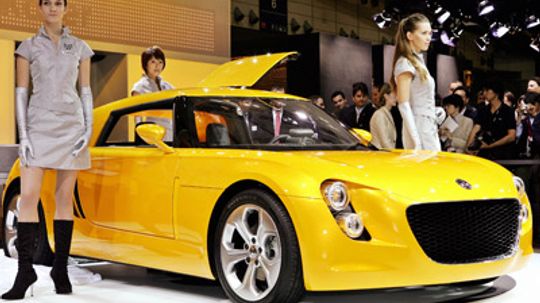Fuel Economy
Fuel economy is about maximizing the number of miles your vehicle can travel on a gallon of fuel. The cost of fuel has a major impact on fuel economy. Check out these great fuel economy articles from HowStuffWorks.
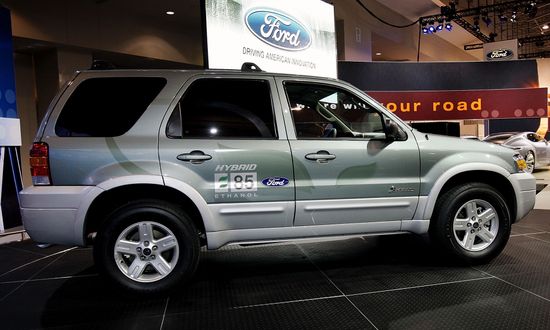
Is Ethanol Bad for Your Car?
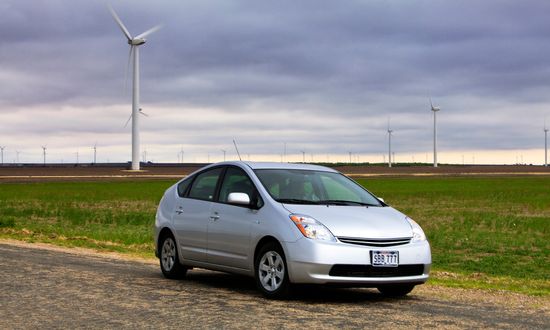
How Carbon-neutral E-fuels Work

How Plant-microbial Fuel Cells Work

Sweet Sorghum: The Sweetest Fuel You'll Ever Taste!

How Algaculture Works

What's the process to convert wine into fuel?
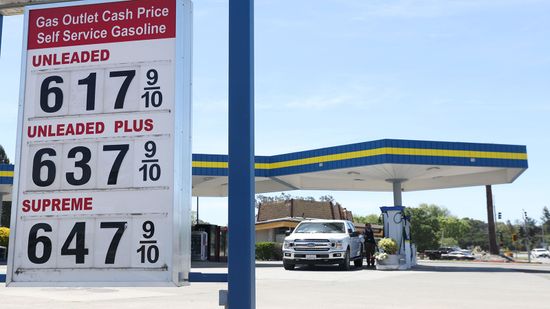
Why Is Gas So Expensive at Certain Times of Year?
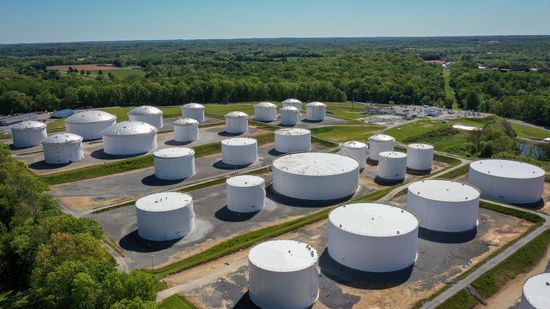
Summer-grade Versus Winter-grade Fuel
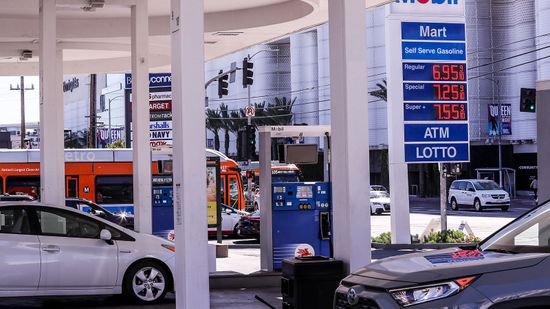
What's the Most Americans Have Ever Paid for Gas?
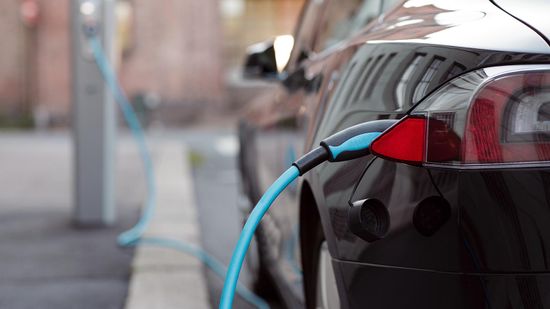
5 Outdated Myths About Buying and Owning Electric Cars
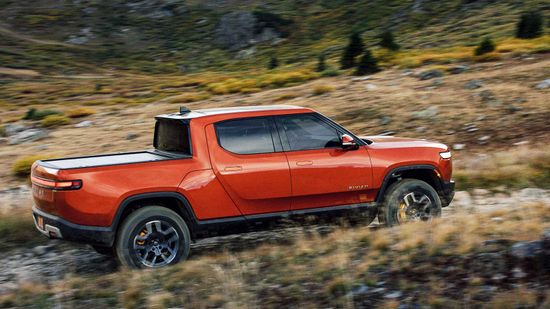
Rivian Aims to Change the EV Industry One Pickup at a Time
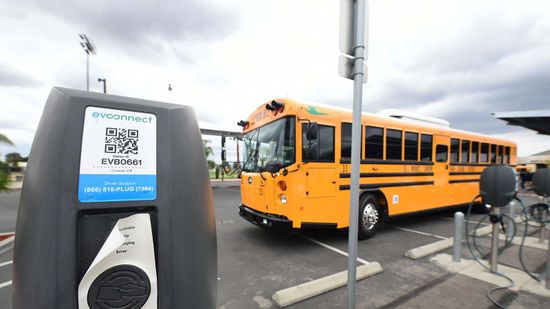
Why You Want Your Kid's School Bus to Be Electric
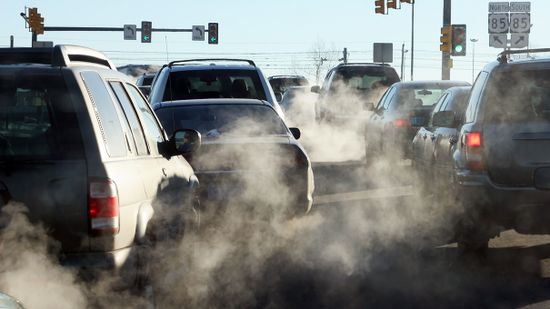
Love It or Hate It: Stop-start Technology Is Here to Stay
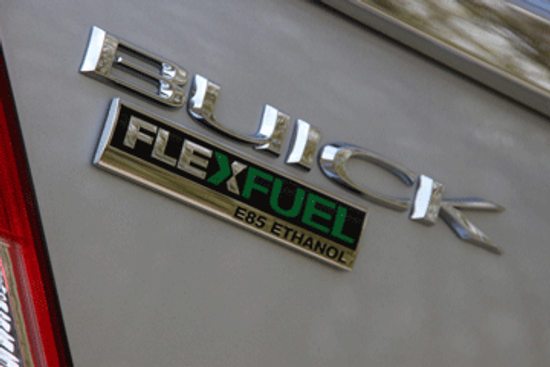
Flexible Fuel Technology: Flex Engines
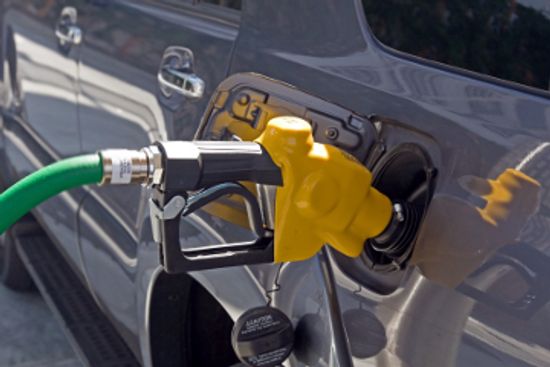
How Flex-Fuel Vehicles Work
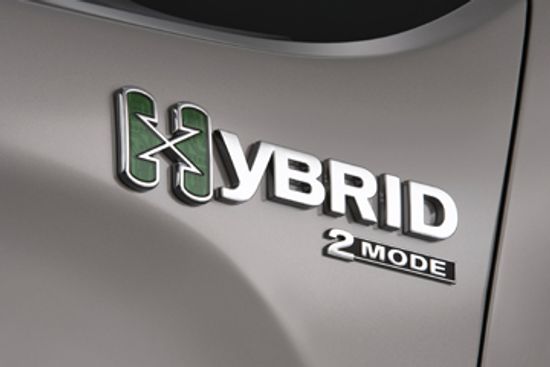
Why would someone want to steal the hybrid badge from my car?
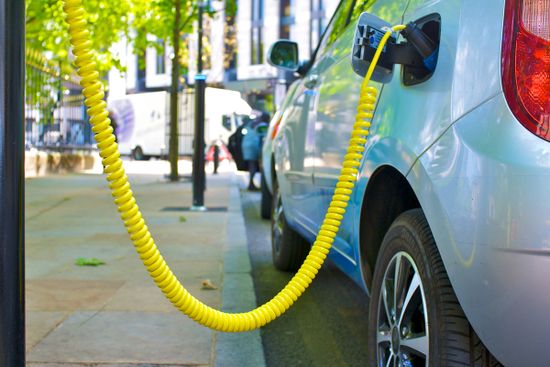
Top 10 Alternative Fuels on the Road Right Now
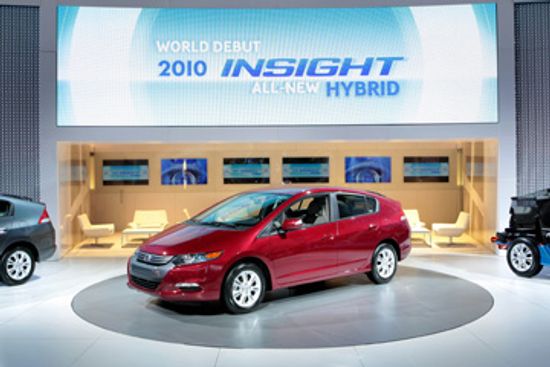
Do hybrid cars get power through kinetics?
Learn More
We've all done it - forgotten to put the gas cap back on after fueling up and then driven off from the gas station. So is it bad for our cars?
We've all done it - looked down and suddenly realized we're almost out of gas. What kind of wear-and-tear does this put on your car?
The claims from the fuel additive bottles seem to scream at you from the shelf of your local auto parts store: add me to your tank and I'll make everything better! But do they really do that? Well, it depends on your car and on your needs.
Advertisement
Everybody says it so it must be true, right? "Buy your gas in the morning when it's cooler, and it will last longer." Well, the science behind this theory is sound, but in reality, it won't save you much.
Car enthusiasts swear that driving a car with a manual transmission is more fun than an automatic. Manuals have also historically boasted better fuel economy, but is that still true today?
Once upon a time, you bought a car with a manual transmission if you wanted to save at the dealership as well as at the pump. But times (and transmissions) have changed - manuals might not be the best at fuel economy anymore.
A diesel-powered car may cost a little more initially, but you'll make up the difference in fuel savings, right? Find out if your diesel-powered savings plans actually add up.
Advertisement
In the early 1900s, vehicular propulsion was a free-for-all, with gasoline-, electric- and steam-powered cars all vying for popularity. Are we returning to the good ol' days of the automobile?
Some drivers are drawn to hypermiling because of environmental concerns, while others simply seem to share a passion for fiscal thriftiness. But are there really any safe hypermiling techniques?
In general, hypermiling is a dangerous practice. In fact, some of the most effective hypermiling strategies work only because the driver intentionally sacrifices control of the vehicle.
Some of these eco-mods appear to be logical, while others seem a bit like wishful thinking. Can the right eco-mod for your car save you money at the pump?
Advertisement
There are two ways to measure your car's fuel economy: miles per gallon (mpg) and gallons per 100 miles (g/100m). Do you know how to calculate both of these figures?
Avoid topping your gas off. Learn in this article why you should avoid topping your gas off.
Go on any highway and you'll see many vehicles with roof racks. Learn more about your roof rack affecting your gas mileage.
During the summertime, it could be said that the hottest moment between is when you first get into your vehicle. Learn more about cooling your vehicle quicking during an intense summer heat and reduce carbon emissions.
Advertisement
How to tune your own car for better gas mileage. In this article, learn how to tune your care for better gas mileage.
The average motorcycle gets 35-40 miles per gallon. Learn more about improving your motorcycles gas mileage with these 10 tips.
Turn off your engine can help the you go gree nand save on gas. Learn more in this article.
What to save gas? Follow that truck! Learn in this article how you can save gas by following behind large trucks.
Advertisement
Not only can gassing up the car get expensive, but driving is also not so hot for the environment. What are the best ways to save fuel?
Most people never think about driving through a wall; however, drivers do it each and every day -- except the "wall" is actually a wall of air and your car's aerodynamics help you break through it.
Since its formation in 1967, the California Air Resources Board (CARB) has created a number of mandates that have shaped the car industry in surprising ways. Do you live in a California emissions state?
As gas prices spike daily, we're all looking to save money at the pumps. But if your car uses daytime running lights, be prepared to dig deep into your wallet.
Advertisement
One of the easiest ways to increase a car's efficiency is to reduce its weight. Carbon fiber -- a material as light as it is strong -- could do just that.
Let's face it: Gas will never go on sale, but there are ways to save. What 10 things can you do to make your driving (and lifestyle) a little greener?
